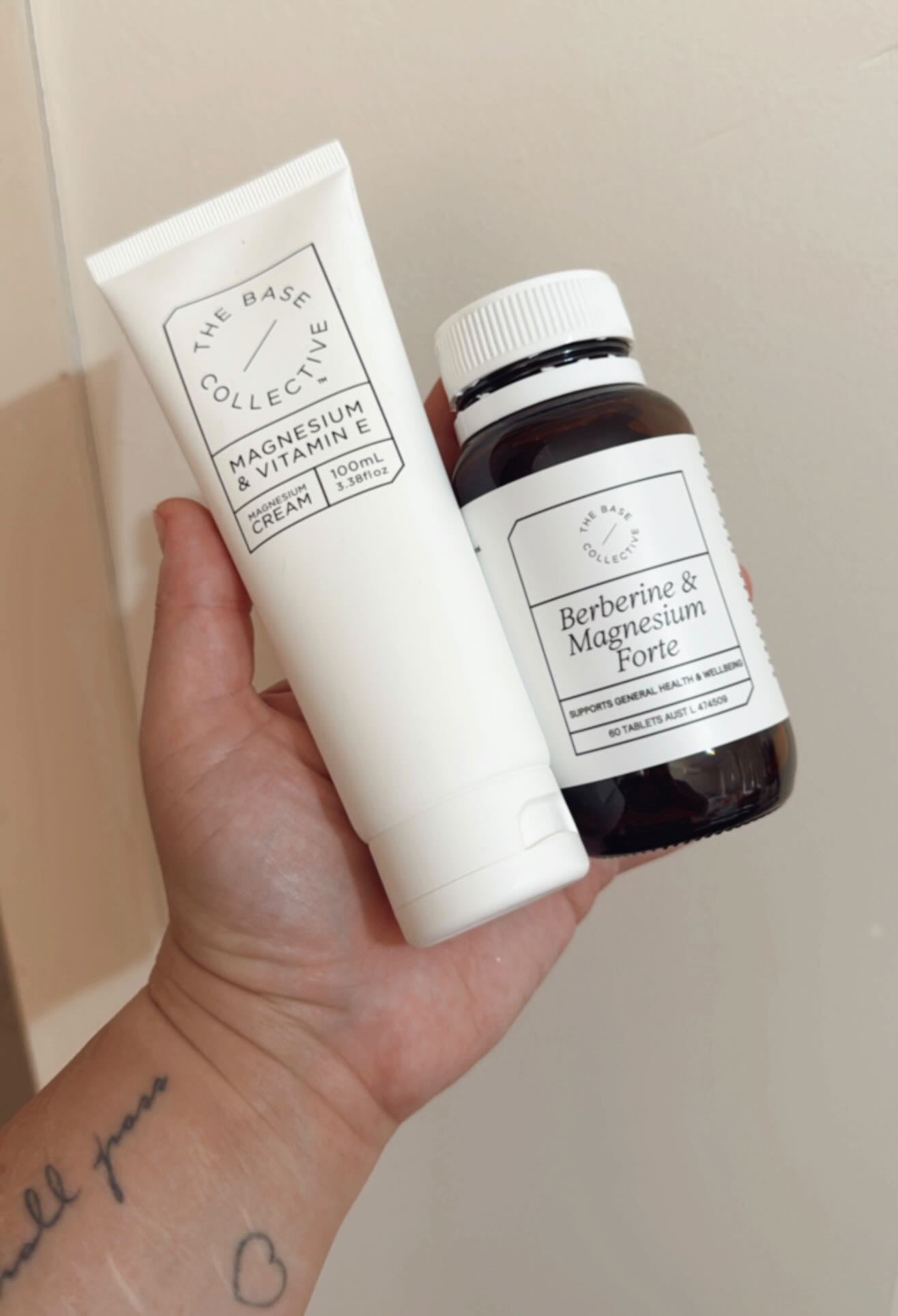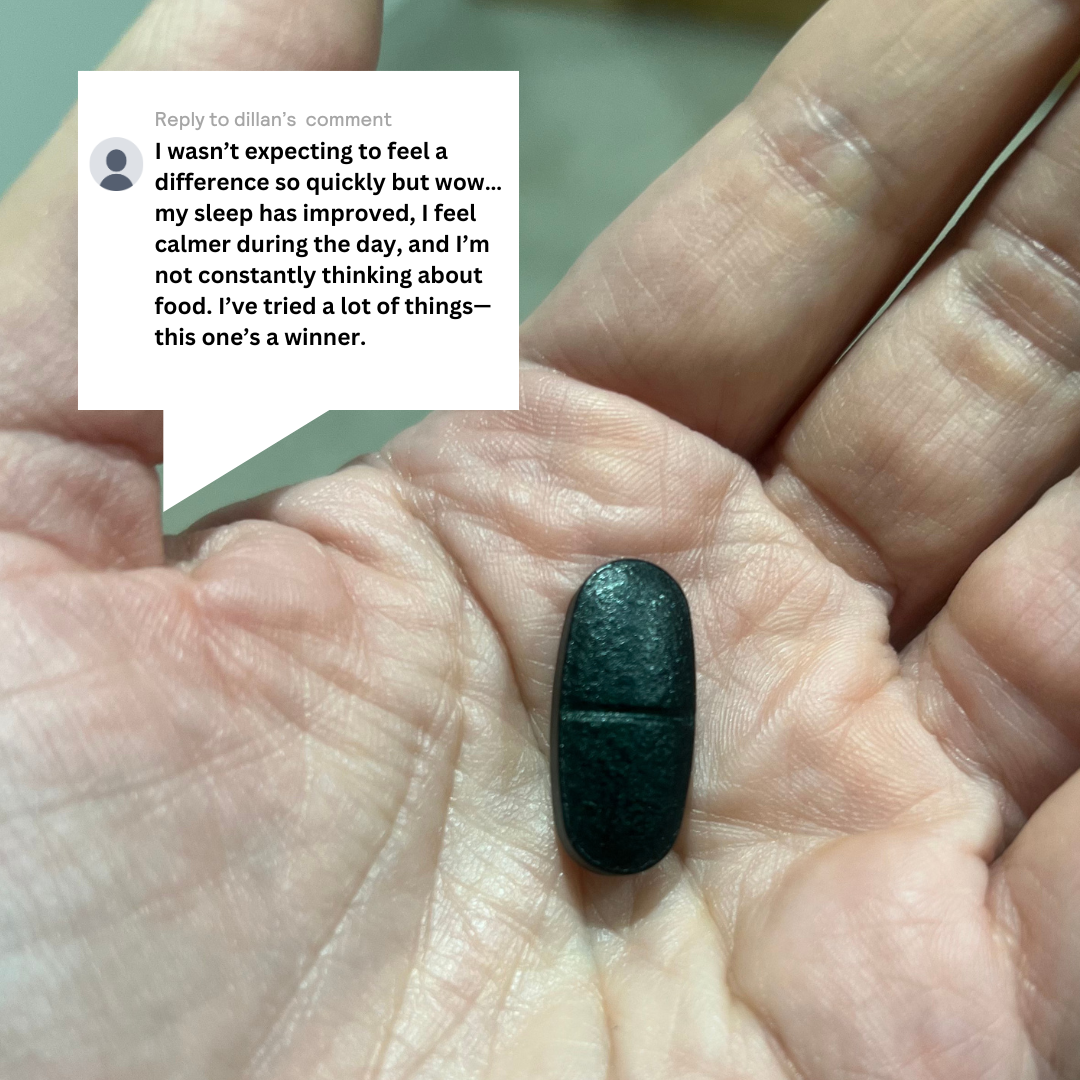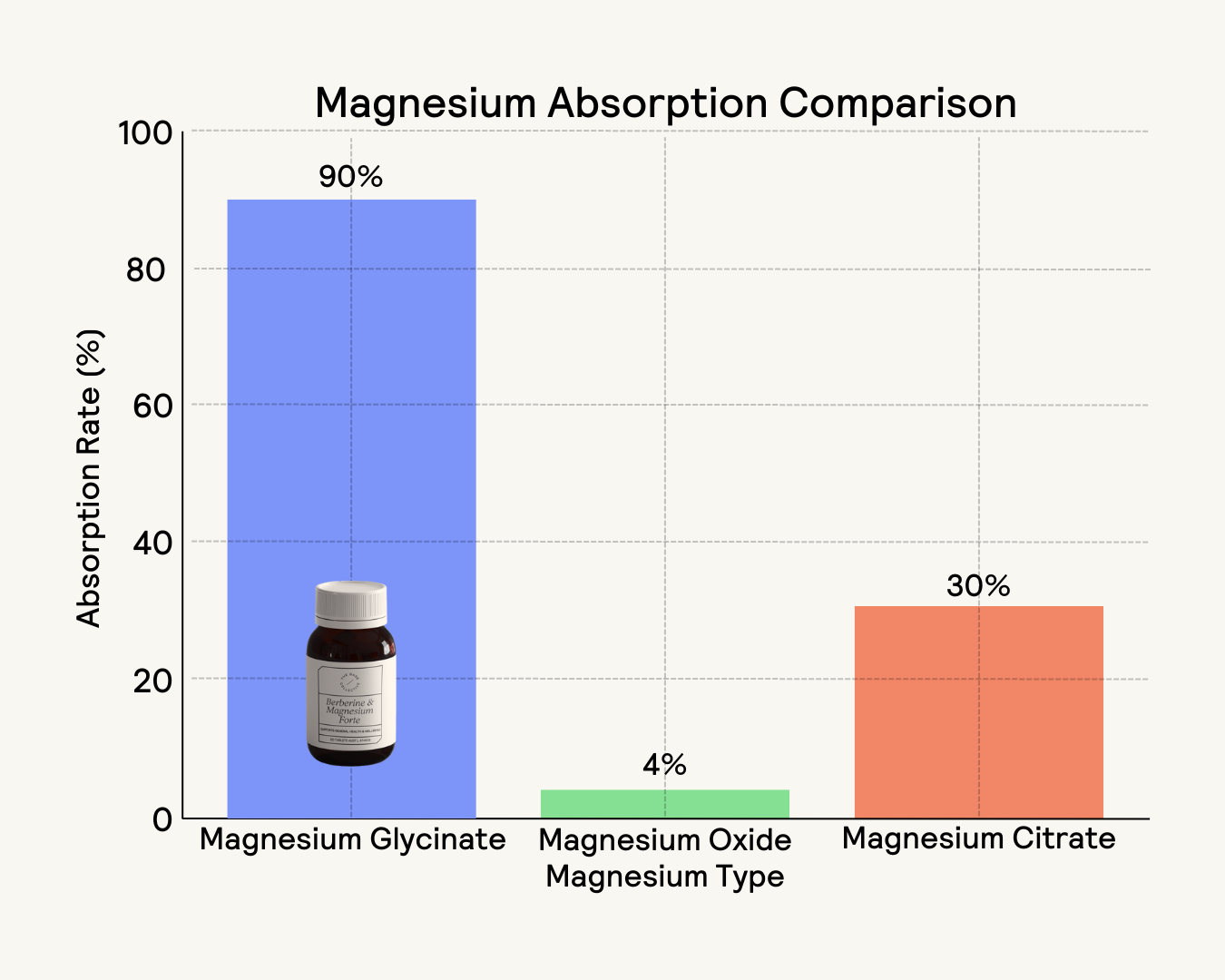
Berberine and Cholesterol Management: A Natural Path to a Healthier Heart
Cholesterol management is a critical component of maintaining overall heart health, but many people struggle to keep their levels in check. While lifestyle changes like a healthy diet and regular exercise are essential, supplements like berberine have gained popularity as a natural alternative to support cholesterol balance. In this blog, we’ll explore how berberine can help manage cholesterol levels, its benefits for heart health, and why it might be a valuable addition to your wellness routine.
Understanding Cholesterol and Its Impact on Health
Before diving into the benefits of berberine, it’s important to understand what cholesterol is and why managing it is so crucial. Cholesterol is a fatty substance found in your blood that your body needs to build healthy cells. However, too much cholesterol can increase your risk of heart disease, stroke, and other cardiovascular problems.
There are two main types of cholesterol:
-
Low-Density Lipoprotein (LDL) – Often called “bad” cholesterol, LDL can build up in the walls of your arteries, leading to plaque formation and narrowing of the arteries (atherosclerosis).
-
High-Density Lipoprotein (HDL) – Known as “good” cholesterol, HDL helps remove excess cholesterol from your bloodstream, transporting it back to the liver for processing and excretion.
The key to heart health is maintaining a healthy balance – keeping LDL levels low while boosting HDL levels.
How Berberine Supports Cholesterol Management
Berberine is a natural compound found in several plants, including goldenseal, barberry, and tree turmeric. It has been used for centuries in traditional Chinese and Ayurvedic medicine to treat a variety of conditions, including digestive issues and infections. However, modern research has revealed that berberine’s benefits extend far beyond these traditional uses, including its impressive ability to support cholesterol management.
1. Lowers LDL (Bad) Cholesterol
Studies have shown that berberine can reduce LDL cholesterol levels by upregulating the LDL receptor in the liver, which helps remove excess LDL from the bloodstream. This process, known as LDL receptor upregulation, increases the liver’s ability to clear bad cholesterol, reducing the risk of plaque buildup in the arteries.
Additionally, berberine inhibits a protein called PCSK9, which normally degrades LDL receptors, further enhancing the liver’s ability to clear cholesterol. This dual action makes berberine a powerful natural alternative for managing high LDL levels.
2. Increases HDL (Good) Cholesterol
Berberine doesn’t just reduce bad cholesterol – it can also help raise levels of HDL cholesterol. Some studies suggest that berberine can increase apolipoprotein A1 (ApoA1), a key component of HDL, supporting your body’s ability to remove excess cholesterol and protect against heart disease.
3. Reduces Triglycerides and Supports Overall Lipid Balance
Triglycerides are another type of fat found in your blood that can increase your risk of heart disease when elevated. Berberine has been shown to reduce triglyceride levels by enhancing the breakdown of fatty acids and improving insulin sensitivity, both of which are critical for maintaining healthy lipid levels.
Additional Heart Health Benefits of Berberine
Beyond its direct impact on cholesterol, berberine offers several other heart-protective benefits:
-
Reduces Inflammation: Chronic inflammation is a major contributor to heart disease. Berberine has potent anti-inflammatory effects, helping to reduce markers like CRP (C-reactive protein).
-
Improves Blood Vessel Function: Berberine supports endothelial function, the thin layer of cells lining your blood vessels, which plays a key role in cardiovascular health.
-
Regulates Blood Sugar: High blood sugar levels can damage blood vessels and increase your risk of heart disease. Berberine’s ability to support healthy blood sugar levels is a critical benefit for those looking to improve their overall heart health.
How to Use Berberine for Cholesterol Management
If you’re considering adding berberine to your wellness routine, here are a few tips to get the most out of this powerful supplement:
-
Dosage: Most studies use a daily dose of 900-1500 mg, typically divided into 2-3 doses throughout the day.
-
Pair with a Healthy Diet: Berberine’s effects are enhanced when combined with a diet low in saturated fats and refined sugars.
-
Consider Combining with Other Heart-Healthy Supplements: Magnesium glycinate, omega-3 fatty acids, and CoQ10 can complement berberine’s heart-protective benefits.
Conclusion: Is Berberine Right for You?
If you’re looking for a natural, scientifically-backed way to support cholesterol balance and overall heart health, berberine may be worth considering. However, it’s always a good idea to consult with a healthcare professional before starting any new supplement, especially if you have existing medical conditions or take prescription medications.
The information provided by The Base Collective is not intended to be used as medical advice and should not take the place of professional or medical advice. Always seek the guidance of your doctor or other qualified health professionals with any questions you may have regarding your health or medical condition.







Leave a comment
This site is protected by hCaptcha and the hCaptcha Privacy Policy and Terms of Service apply.